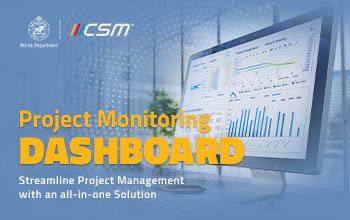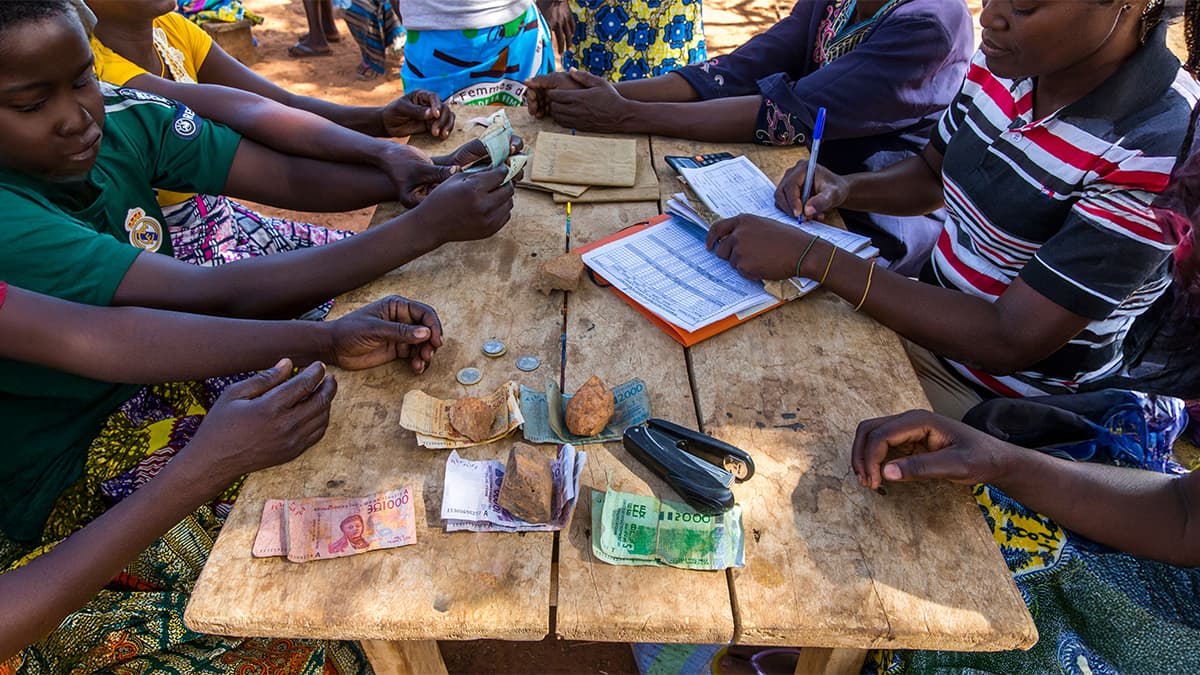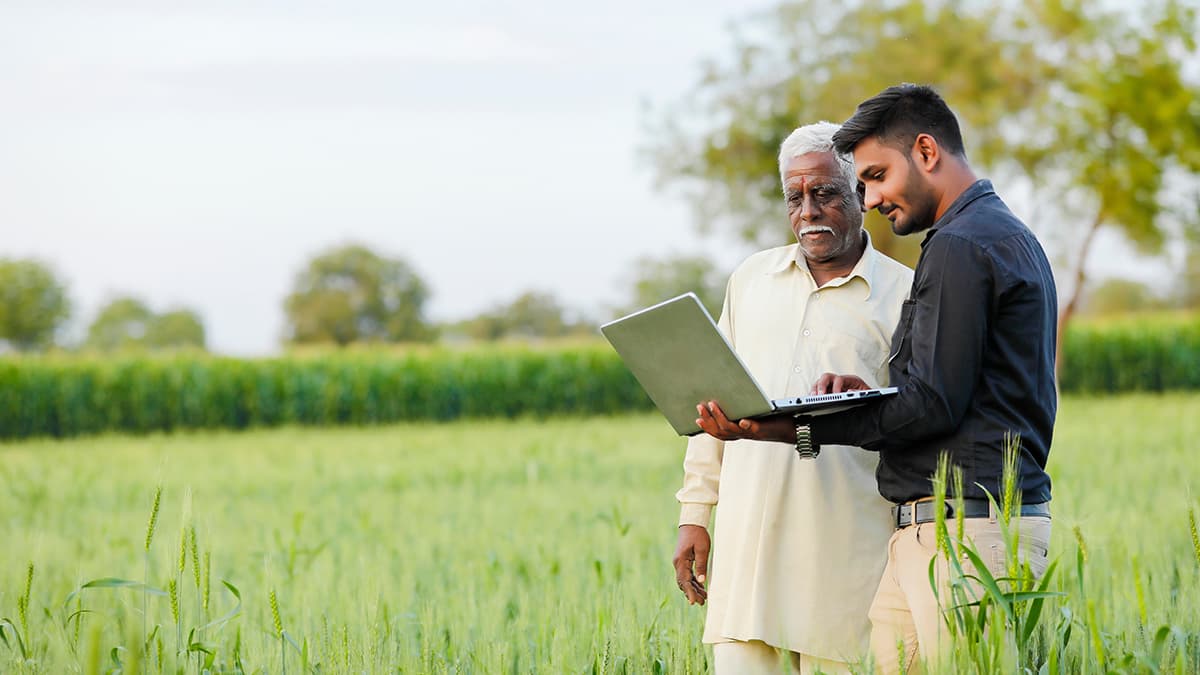.jpg)
Kenya is East Africa's economic epicentre. It boasts of a diversified economy and dominates the region's private capital landscape with a 69 per cent share of all transactions. In Kenya, agriculture, for many years has been the spine of its economy. The agriculture sector contributes 30 per cent to its GDP and accounts for a staggering 80 per cent share in its national employment. However, to sustain this high growth trajectory, Kenya's agriculture needs a disruptive touch of transformation. A transition to Agriculture 4.0 fuelled by emerging technologies. The Indian Government has volunteered to be a partner in this wave of transformation.
India's recent pledge of a $250 million Line of Credit for modernizing Kenya's agriculture couldn't have come more opportune. The announcement was made during Kenyan President William Samoei Ruto's recent three-day visit to India. Back home, Kenya has unveiled its 2030 Vision Document to transform the East African land into a competitive and prosperous country. The expansive vision is underpinned by the government's bottom-up economic model, which has high stakes in agriculture, healthcare, affordable housing, micro & small enterprises, and the digital economy.
Kenya's agriculture sector has been resilient to COVID-19 shocks and is now gearing up to play a stellar role in fuelling buoyant economic growth.
.jpg)
Understanding Kenya's economy and the role of the agriculture sector
Kenya has experienced continued growth in GDP over the last few years, supported by ongoing public infrastructure projects, strong public and private sector investment, and appropriate economic and fiscal policies, reflecting the diverse and broad-based nature of Kenya's economy. Financial inclusion in Kenya is the highest in the region, with a vibrant, well-developed, and diversified financial sector.
Agriculture has, for many years, formed the backbone of Kenya's economy. The sector contributes more than 60 per cent of the total export earnings and about 45 per cent of government revenue, while providing for most of the country's food requirements. The sector is estimated to have a further indirect contribution of nearly 27 per cent of GDP through linkages with manufacturing, distribution, and other service-related sectors. Kenya's agricultural sector directly affects overall economic performance through its contribution to GDP.
.jpg)
How CSM Tech has transformed Kenya's agri landscape
CSM Tech has anchored a turnaround in Kenya's agriculture landscape with its automated, bespoke solutions. Our solutions have more than integrated the stakeholders and streamlined processes. They have helped change the economy's face, spurring a ripple effect on lives and livelihoods. Here are the two projects where our interventions have spelt ground-breaking outcomes
Seed Certification System: We developed an automated system for seed certification funded by Trade Mark East Africa (TMEA). CSM Tech collaborated with its consortium partner ESS Africa Limited to consult various stakeholders such as the Ministry of Agriculture, management of Kenya Plant Health Inspectorate System (KEPHIS) & TMEA, seed growers, merchants, stockists, research scientists & seed trader associations before embarking on the automation. KEPHIS is an end-to-end software application that manages and coordinates seed export and import. As an IT partner, CSM played a crucial role in automating the process. Access to the system is seasonal, with 2000 & more users per day during the season and 500-700 users during the rest of the year. A KEPHIS system unifies the operations of seed merchants, seed growers, seed sellers, private inspection entities, and plant breeders. As a result of the system, stakeholders can have smoother transactions and better access to information, and seed certification is easier. At the same time, the whole farm-to-fork value chain is transparent.
Integrated Tea Trade System (ITTS): The tea trade saw a leap of change in Kenya and 10 countries in East, Central, and Southern Africa. It happened with the introduction of ITTS. This unified interface for trade seamlessly handles tea sourced by the East Africa Tea Trade Association (EATTA) from 10 countries of East, Central, and Southern Africa. The ITTS deployed at Mombasa, the port city in Kenya, emerged as a disruptive differentiator created by CSM with features like supply chain visibility and product traceability- features made possible by audit trails. But this auction's business model is a script beyond digital turnaround- six million families in Kenya lean on it for their income and livelihoods.
In the future, cutting-edge technologies will lead to futuristic agricultural practices in Kenya. The nation is bracing for a farm-to-future spectacle – a scene that brings cheer to the farms and farmers alike.


























































We will verify and publish your comment soon.